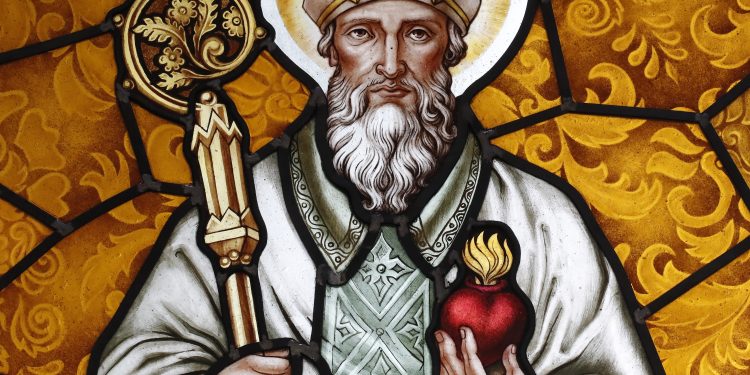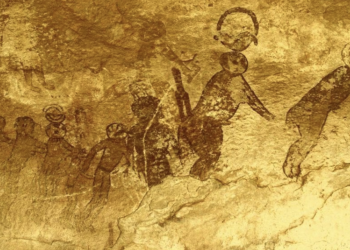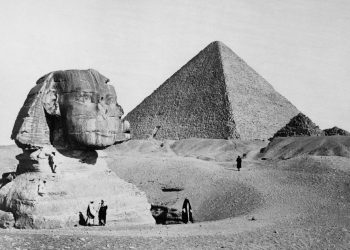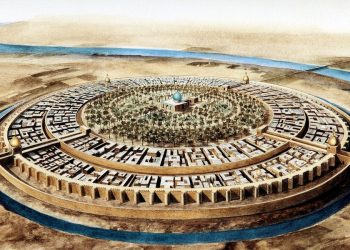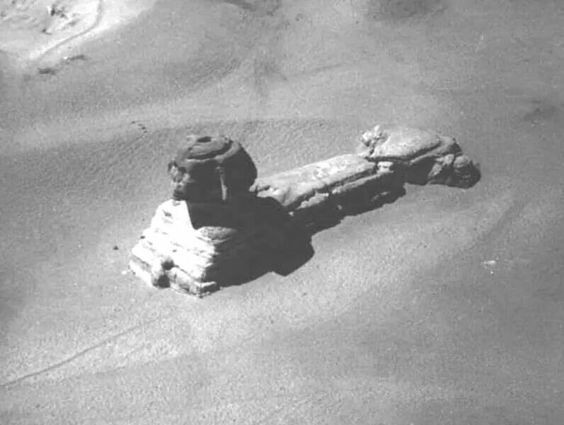Who was Saint Augustine?
Augustine of Hippo or Saint Augustine was a theological philosopher from the Imazighen, an ethnic group of indigenous North Africa. He was also a bishop of Hippo Regius in Roman North Africa. He lived between 354 CE and 430 CE, and his work throughout his professional theological and philosophical career recognized him as a saint in the Catholic and the Eastern Orthodox Church.
More specifically, people have stated that he established the ancient faith anew, and he managed to develop new theories based on the previous events in history, politics, and theology. His most important work is The City of God, which focuses on the human race’s moral and ethical behavior based on the interdisciplinary approach of the Gods, religion, and its function in politics.
In his work of Political Writings, he manages to construct multiple theories, with the most important one being the original and natural sin of the people. In his view, the disobedience of Adam and Eve to God’s word was the beginning of the sinful nature that would always hunt humans. Regardless of what’s always done to preserve a life closer to the one God commands us to, it’s always a broken effort since we are prideful by nature and couldn’t be even close to God.
The analysis consists of different statements and meanings of Augustine, one of the most influential figures in Christianity as an entire religion. The purpose of the article is to be quick and not tiring, efficient and not useless, and memorable and not forgettable.
We hope you enjoy it!
Augustine’s 10 Influential Statements
Angels and Humans
1. “It was pride that changed angels into devils; it is humility that makes men as angels.”
Arguably one of the most essential and self-explanatory statements for the work of the theologian. Love or hate is the interpretation of sinful human nature; we must admit the contemporary realization of the misfortunes that excessive pride brings us. As we will see below, angels also have their place in the pantheon of religion, and no man can be even close to an angel (“as angel“).
2. “Faith is to believe what you do not yet see; the reward for this faith is to see what you believe.”
According to Augustine, Faith in God isn’t always straightforward. The presence of Jesus or God isn’t always prevalent and apparent. However, the faith that stems from believing will reward you, and this reward will eventually be to meet with the actual God or Jesus during salvation.
3. “Indeed, man wishes to be happy even when he so lives as to make happiness impossible.”
In the prideful and sinful nature of the human race, no ultimate happiness is guaranteed. According to Aristotle, the interpretation doesn’t follow the Aristotelian fashion of everything going towards an end; the end of the political society and the political being is the self-sufficiency that brings happiness.
Personality and Soul Health
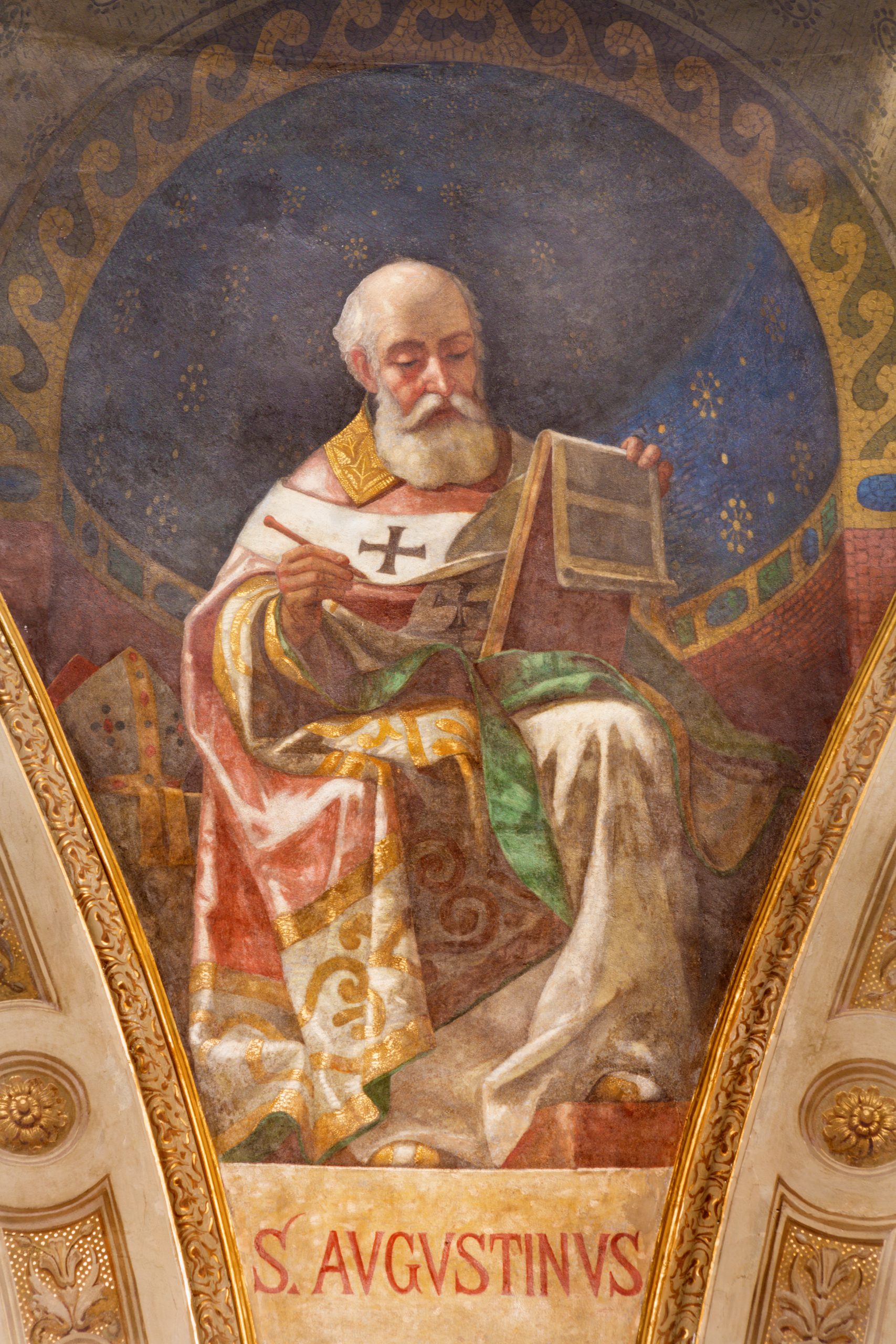
4. “Hope has two beautiful daughters; their names are Anger and Courage. Anger at the way things are, and Courage to see that they do not remain the way they are.”
This is just a short break from the theological interpretations. The approach of this particular quote would be closer to living life. Even without the eternal and perfect nature, people can always strive to progress, no matter what political activity or not is entailed.
5. “Christ is not valued at all unless he is valued above all.”
There’s no faith when you believe that you are close to God or his Son, Jesus Christ. For the Christians, this would be the best way to honor him possible until Saint Augustine manages to state that this would be the most prideful way to keep him.
6. “In the absence of justice, what is sovereignty but organized robbery?”
Politics isn’t for the weak ones. It’s not for the greedy ones either, however. People who are taking the throne or are ruling tyrannically are organized robbers. They don’t deserve to be named leaders. They aren’t serving the work of God and the purpose of the Gospels.
God’s Miracles and Repentance
7. “Right is right even if no one is doing it; wrong is wrong even if everyone is doing it.”
For the cleansing of your soul and the current needs of following the masses. This should be more of a focus on our short everyday lives. This is why one has to make progress, even if everyone else is busy practicing wrongful actions.
8. “Miracles are not contrary to nature but only contrary to what we know about nature.”
We are humans living in the earthly city. According to Augustine, we haven’t been connected to either a miraculous way of living, not the way that the angels or the City of Gods exist. Therefore, there are pagans and people who aren’t believers.
9. “God has promised forgiveness to your repentance, but He has not promised tomorrow to your procrastination”
What’s the perfect quote to match this? Seize the day. Please make no mistake about it: tomorrow is never promised. God has promised you forgiveness and salvation, but you never know when that’s about to happen, similarly to the second coming, where all faithful and virtuous people are saved from the evils of the human world.
10. “He who created us without our help will not save us without our consent.”
Last but not least, be ready always to serve your utmost God. He is the one who is working for you. He created, he saved, and he will guide you, as long as you consent. In other words, as long as you follow his word.
References
• Augustine, Michael W. Tkacz, Douglas Kries, Ernest L. Fortin, and Roland Gunn. 1994. Political writings. Indianapolis: Hackett.
• Herbert A. Deane, R. A. Markus. Saeculum: History and Society in the Theology of St Augustine. New York: Cambridge University Press. 1970.
• Cameron, A., 1967. Rutilius Namatianus, St. Augustine, and the Date of the De Reditu. Journal of Roman Studies, 57(1-2), pp.31-39.
• COUENHOVEN, J., 2007. Augustine’s rejection of the free-will defense: an overview of the late Augustine’s theodicy. Religious Studies, 43(03), pp.279-298.
Join the discussion and participate in awesome giveaways in our mobile Telegram group. Join Curiosmos on Telegram Today. t.me/Curiosmos



